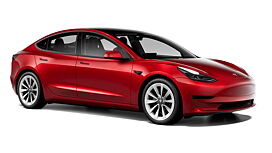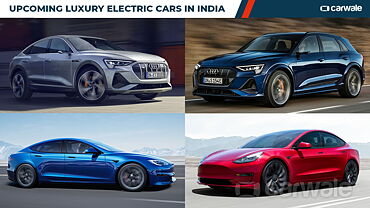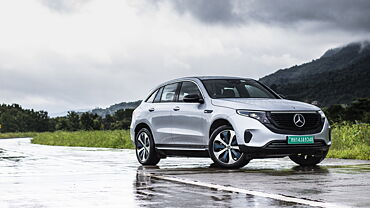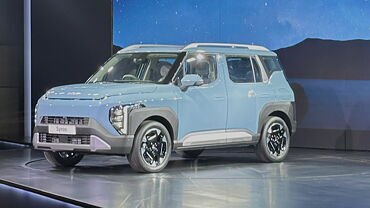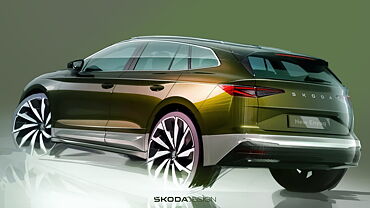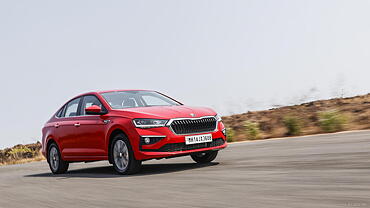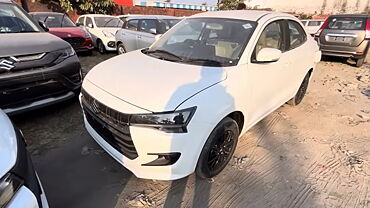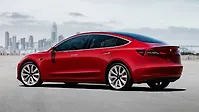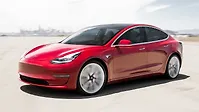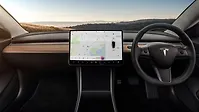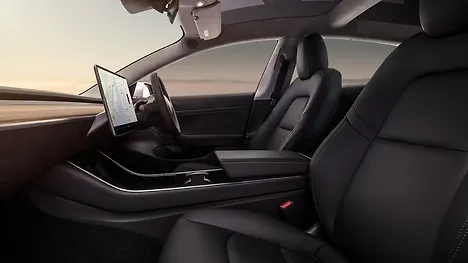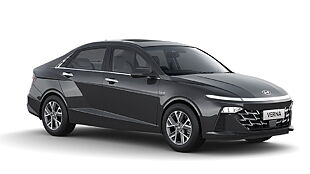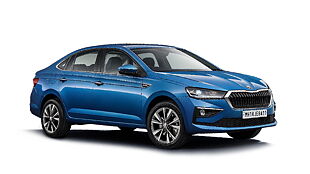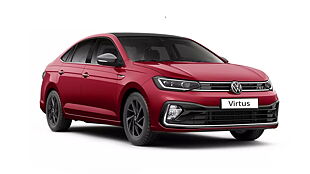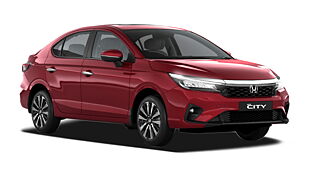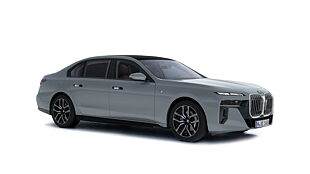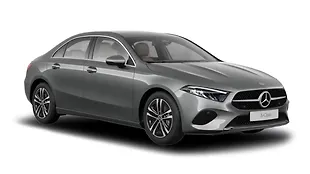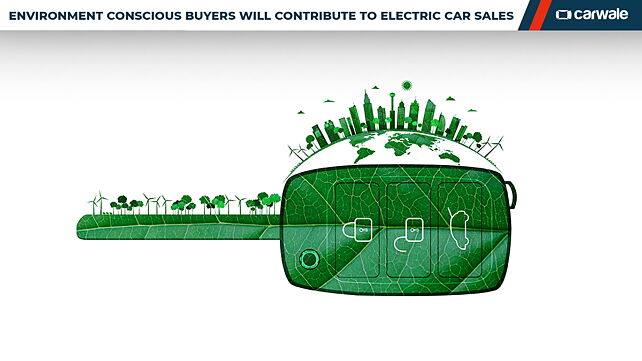
- 56 per cent of the buyers will opt for an electric car if it is priced similar to a petrol/diesel vehicle
- 73 per cent of the buyers will buy an electric vehicle out of environmental concerns
In our previous survey we had revealed how new car buyers will consider electric over CNG models. To learn more about it, click here. Last year, CarWale had conducted a survey to understand buyers’ perspective around electric and hybrid vehicles. Based on the feedback received from users visiting CarWale, we have learnt that 52 per cent of the respondents believe that electric cars are a viable alternative to petrol and diesel cars.

Among the respondents, who believe that electric cars are a viable option over conventional fuel, 56 per cent of new car buyers will purchase an electric car if it was offered at the same price as a petrol or diesel model. Of these, 73 per cent buyers will do so out of environmental concerns. Among 44 per cent of the buyers who will not buy an electric vehicle, 57 per cent will not do so due to infrastructure limitations.

Global warming is a real problem and car buyers are gradually opening up to the idea of switching over to electric cars. Currently, the CNG option is sought after by buyers seeking low running-cost options. However, it does have its own drawbacks like the loss in power and one has to compromise with the boot space. On the other hand, electric cars have lesser moving parts and hence, they require lesser effort in maintenance. Moreover, the absence of a conventional combustion process eliminates the possibility of emitting harmful gases such as Carbon Dioxide, Carbon Monoxide, Nitrogen Oxides, Sulphur Dioxide, Hydrocarbons, and more.
In recent times, the Indian government has been actively working with car manufacturers for electric vehicle development. At the same time, car manufacturers have also been investing time and resources in electric mobility development, and are also finding ways to make it affordable to the common man.

The findings are based on a 10-day survey conducted from 1 November to 10 November, 2019. Among 1,70,588 respondents, 80 per cent of the population comprised of prospective buyers. And, about 85 per cent of the buyers were in the age group of 18 to 45 years.

